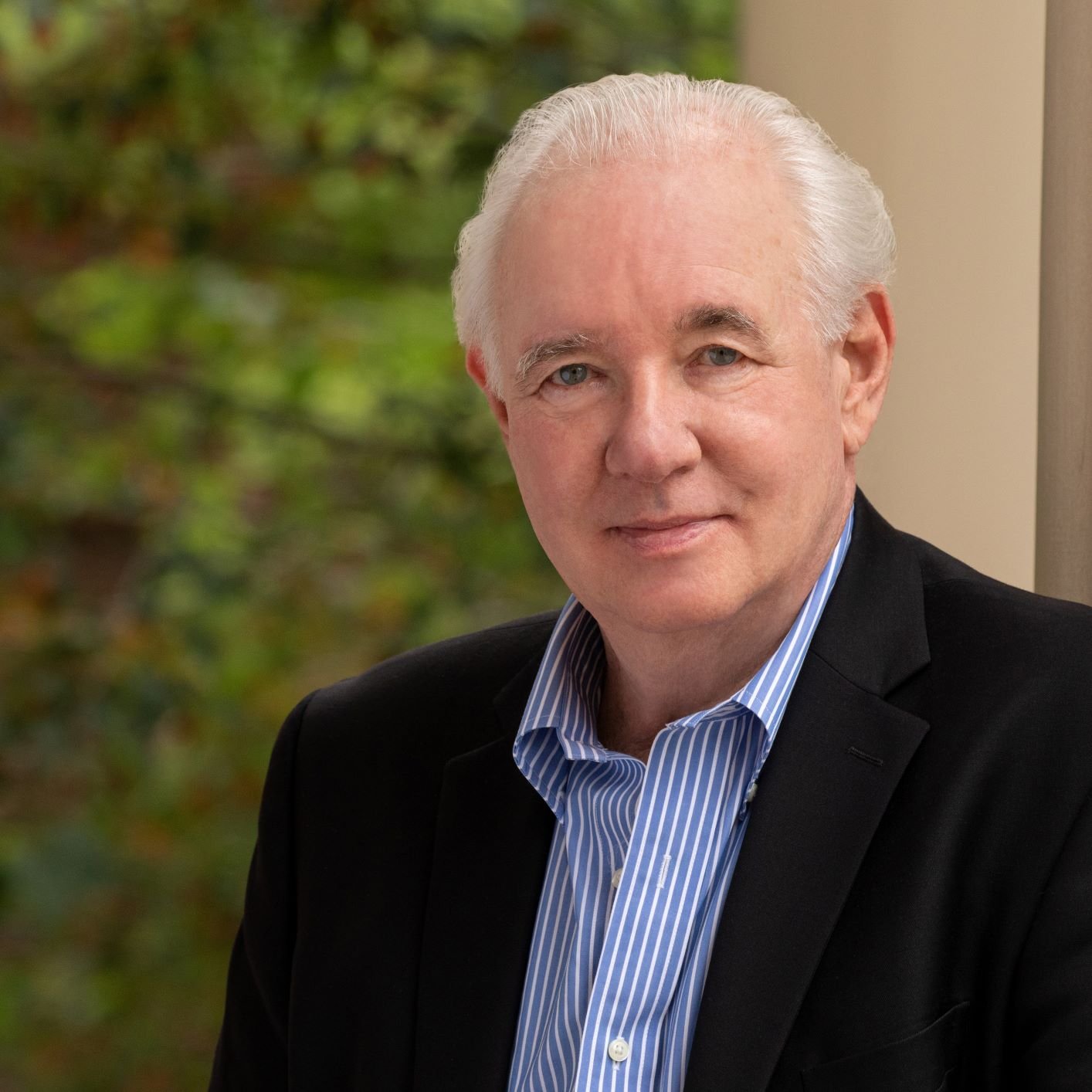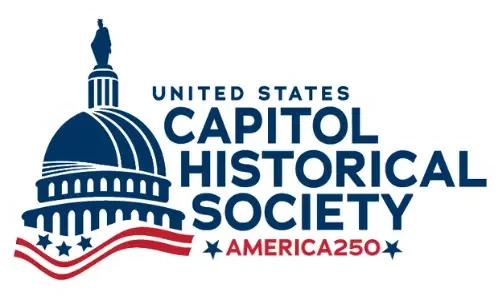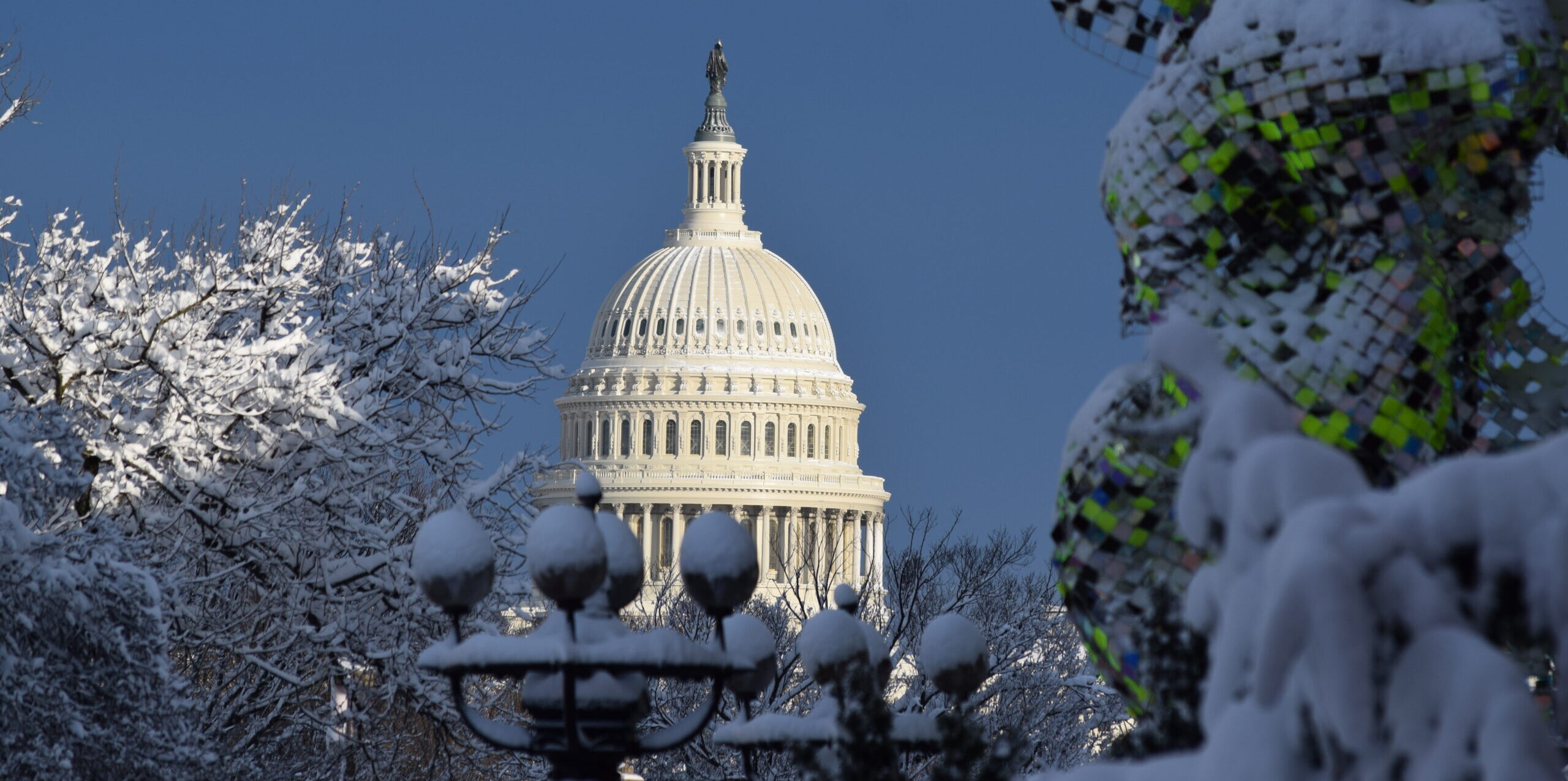Watch our exciting and informative webinar in our Amendment Series with Dr. Alex Keyssar, who helped us break down three integral constitutional amendments that have aided in shaping American democracy over the past 60 years.
Elections are a vital part of American democracy and American society. For hundreds of years, Americans have fought to exercise their constitutional right to vote and participate in said democracy.
Throughout that fight, there have been various moments when voting rights expansion was demanded and needed, with the decade between 1961 and 1971 being no exception. Whether it be the ending of poll taxes, the enfranchising of voters in Washington D.C., or the lowering of the voting age to 18, the 23rd, 24th, and 26th amendments have helped define voting participation in modern America.
Dr. Alex Keyssar is a professor of History and Social Policy at Harvard Kennedy School who helped us better understand the impact of these crucial amendments in 2024.
 Alexander Keyssar is the Matthew W. Stirling Jr. Professor of History and Social Policy. An historian by training, he has specialized in the exploration of historical problems that have contemporary policy implications. His book, The Right to Vote: The Contested History of Democracy in the United States (2000), was named the best book in U.S. history by both the American Historical Association and the Historical Society; it was also a finalist for the Pulitzer Prize and the Los Angeles Times Book Award. A significantly revised and updated edition of The Right to Vote was published in 2009. His 1986 book, Out of Work: The First Century of Unemployment in Massachusetts, was awarded three scholarly prizes. Keyssar is coauthor of The Way of the Ship: America’s Maritime History Reenvisioned, 1600-2000 (2008), and of Inventing America, a text integrating the history of technology and science into the mainstream of American history. In addition, he has co-edited a book series on Comparative and International Working-Class History. In 2004/5, Keyssar chaired the Social Science Research Council’s National Research Commission on Voting and Elections, and he writes frequently for the popular press about American politics and history. Keyssar’s latest book, entitled Why Do We Still Have the Electoral College? (2020), is published by Harvard University Press.
Alexander Keyssar is the Matthew W. Stirling Jr. Professor of History and Social Policy. An historian by training, he has specialized in the exploration of historical problems that have contemporary policy implications. His book, The Right to Vote: The Contested History of Democracy in the United States (2000), was named the best book in U.S. history by both the American Historical Association and the Historical Society; it was also a finalist for the Pulitzer Prize and the Los Angeles Times Book Award. A significantly revised and updated edition of The Right to Vote was published in 2009. His 1986 book, Out of Work: The First Century of Unemployment in Massachusetts, was awarded three scholarly prizes. Keyssar is coauthor of The Way of the Ship: America’s Maritime History Reenvisioned, 1600-2000 (2008), and of Inventing America, a text integrating the history of technology and science into the mainstream of American history. In addition, he has co-edited a book series on Comparative and International Working-Class History. In 2004/5, Keyssar chaired the Social Science Research Council’s National Research Commission on Voting and Elections, and he writes frequently for the popular press about American politics and history. Keyssar’s latest book, entitled Why Do We Still Have the Electoral College? (2020), is published by Harvard University Press.








